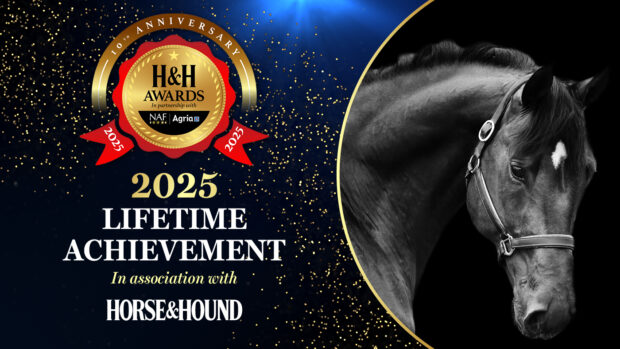
The British Are Coming, The British Are Coming!
Legend declares that when the American hero Paul Revere shouted these warning words, he was mounted on a gallant steed a mare of great stamina.
Revere, a 40-year-old silversmith, was a most unlikely hero, but despite his modest character he was destined with Brown Beauty to change the course of history. And it took not a lifetime, but a mere evening for the pair to pass into immortality.
In Boston 224 years ago, the rising feeling against the British presence turned the city into a hotbed of intrigue and insurgency, with streets patrolled by 3,000 British soldiers trying to avert the threat of rebellion.
Meanwhile, a motley crowd calling themselves the Sons of Liberty set up a secret base at the Green Dragon Tavern. Revere was among them and, together with a bunch of 30 express riders, would ride to spread the alarm whenever the British army tried a sortie into the surrounding countryside.
On 18 April 1775, British officers were overheard planning to arrest revolutionary leaders Sam Adams and John Hancock in Lexington. A message was sent to Revere at his house and he was entrusted with the job of riding the 12 miles to Concord via Lexington to warn the rebels. He was smuggled across the River Charles to Charlestown, and once safely across, collected Brown Beauty from her owner merchant and patriot John Larkin swung into the saddle and set off apace.
At midnight, flanks covered with sweat, Brown Beauty slid to a halt outside John Hancocks house. A sergeant on guard warned the pair to stop making a noise.
Noise? Revere shouted. Youll have noise enough before long. The Regulars are coming out!
He took a moment or two to refreshid himself at the Buckman Tavern before setting off to Concord to raise the alarm. Not so fortunate this time, he galloped straight into an ambush of British cavalry.
Blow his brains out! shouted an English officer.
A marker still indicates the spot and Brown Beautys story stops at this point. No one knows what happened to her. It can only be hoped that she was not shot, as her rider was certainly spared. Perhaps the British recognised her quality and confiscated her for themselves.
Brown Beauty is believed to have been a breed of horse that was very popular at that time in America, the Narragansett. Instead of the jarring two-beat trot, it ran at a smooth four-beat gait, which was favoured for its speed and comfort. In addition, the breed was possessed of an amiable, courageous temperament that was vital in times of crisis.
The Narragansetts were a direct derivative from Old English Amblers (palfreys), which were taken across the Atlantic by the pioneers but later became extinct in Britain. Thus Revere rode on a horse of English heritage to warn his fellows of the threat of the British and, in so doing, ignited the American War of Independence.
Brown Beautys end may have gone unnoticed but her history-changing role has never been forgotten. She is honoured in a statue in a Boston city square, and her story was recorded by Longfellow:
Listen my children, and you shall hear
Of the midnight ride of Paul Revere,
On the eighteenth of April, in Seventy-Five;
Hardly a man is now alive
Who remembers that famous day and year.
A hurry of hoofs in a village street,
A shape in the moonlight, a bulk in the dark,
And beneath, from the pebbles, in passing, a spark
Struck out by a steed flying fearless and fleet:
That was all! And yet, through the gloom and the light,
The fate of a nation was riding that night;
And the spark struck out by that steed, in [her] flight
Kindled the land into flame with its heat.



